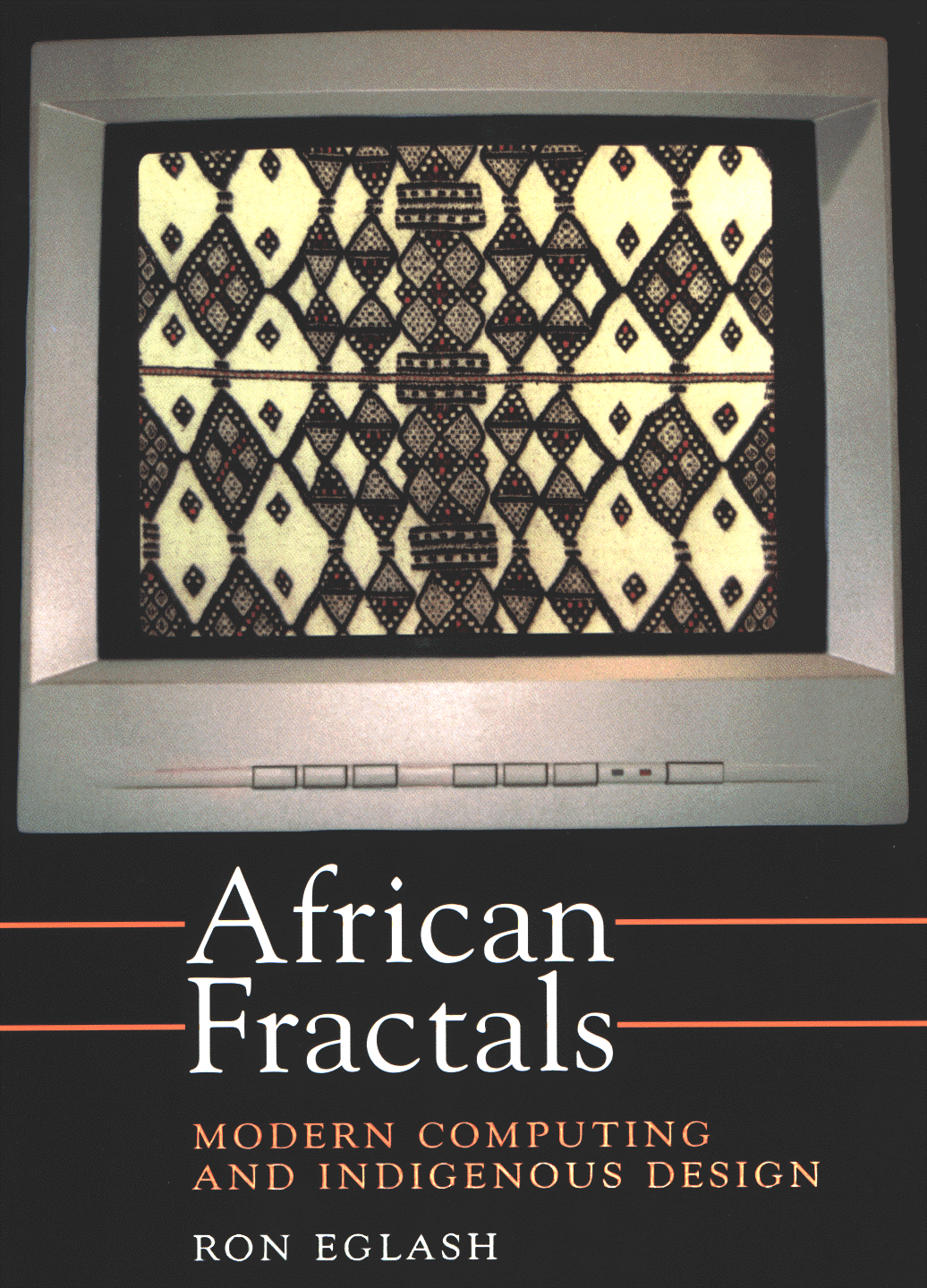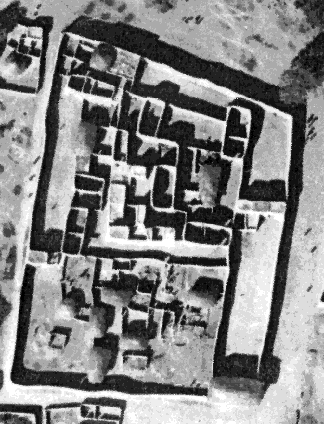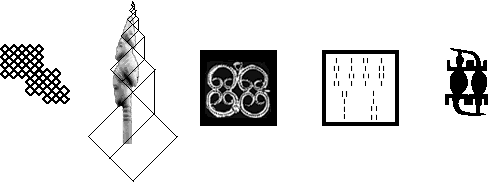Click here to order book from Amazon.com
Fractal geometry has emerged as one of the most exciting frontiers in the fusion between mathematics and information technology. Fractals can be seen in many of the swirling patterns produced by computer graphics, and have become an important new tool for modeling in biology, geology, and other natural sciences. While fractal geometry can take us into the far reaches of high tech science, its patterns are surprisingly common in traditional African designs, and some of its basic concepts are fundamental to African knowledge systems.
African Fractals introduces readers to fractal geometry and explores the ways it is expressed in African cultures. Drawing on interviews with African designers, artists, and scientists, Ron Eglash investigates fractals in African architecture, traditional hairstyling, textiles, sculpture, painting, carving, metalwork, religion, games, quantitative techniques, and symbolic systems. He also examines the political and social implications of the existence of African fractal geometry. Both clear and complex, this book makes a unique contribution to the study of mathematics, African culture, anthropology, and aesthetic design.



